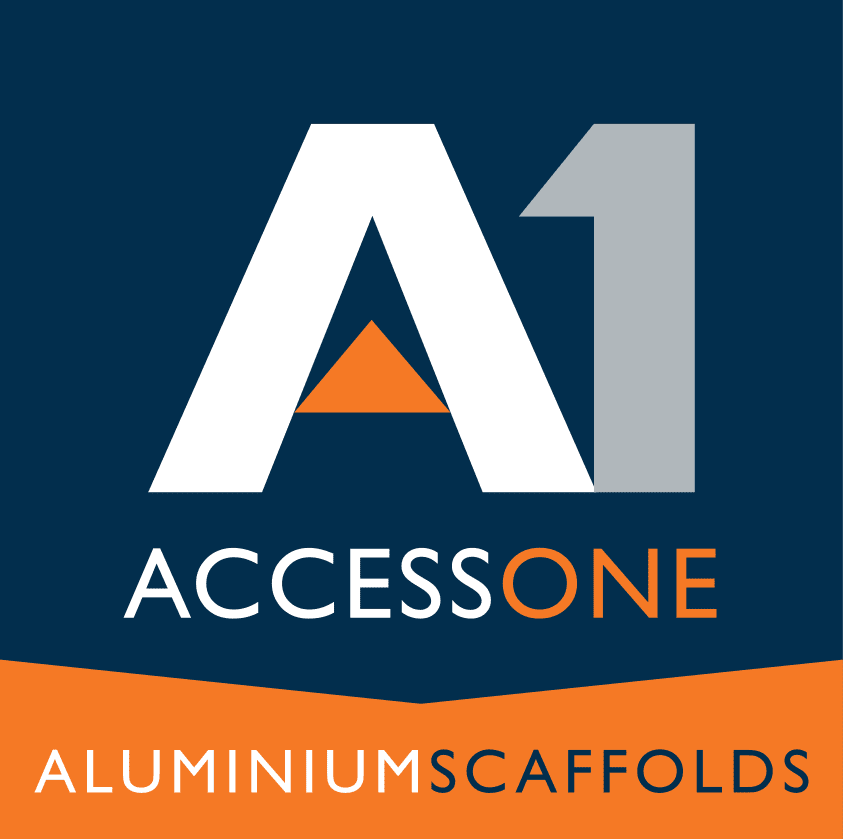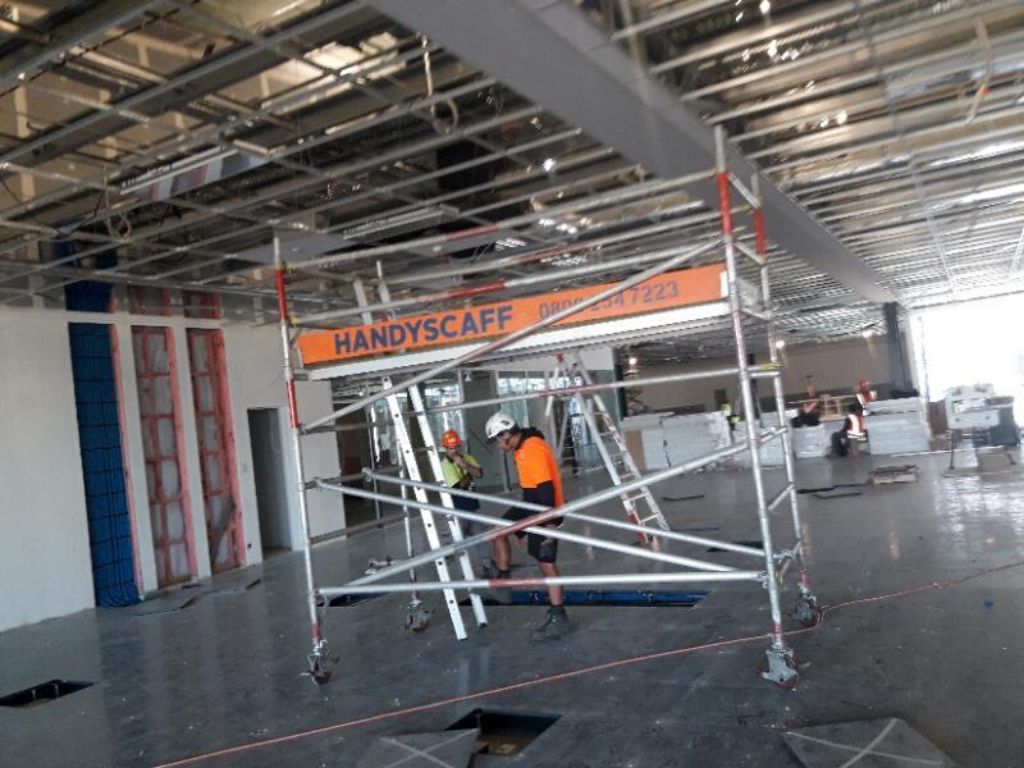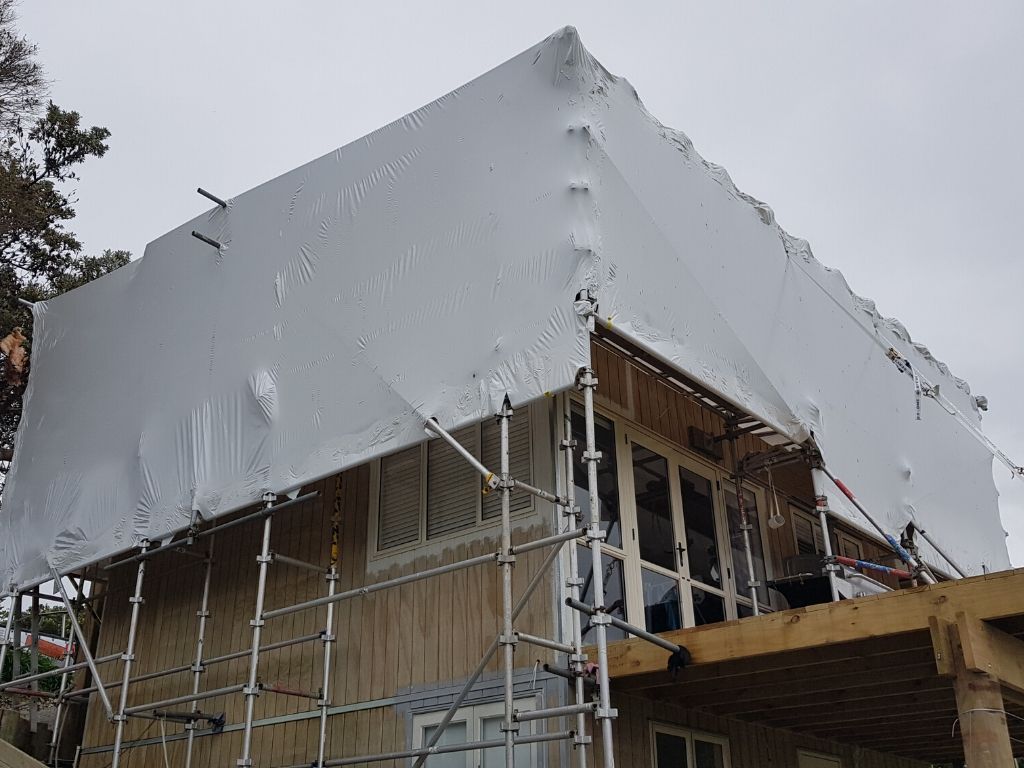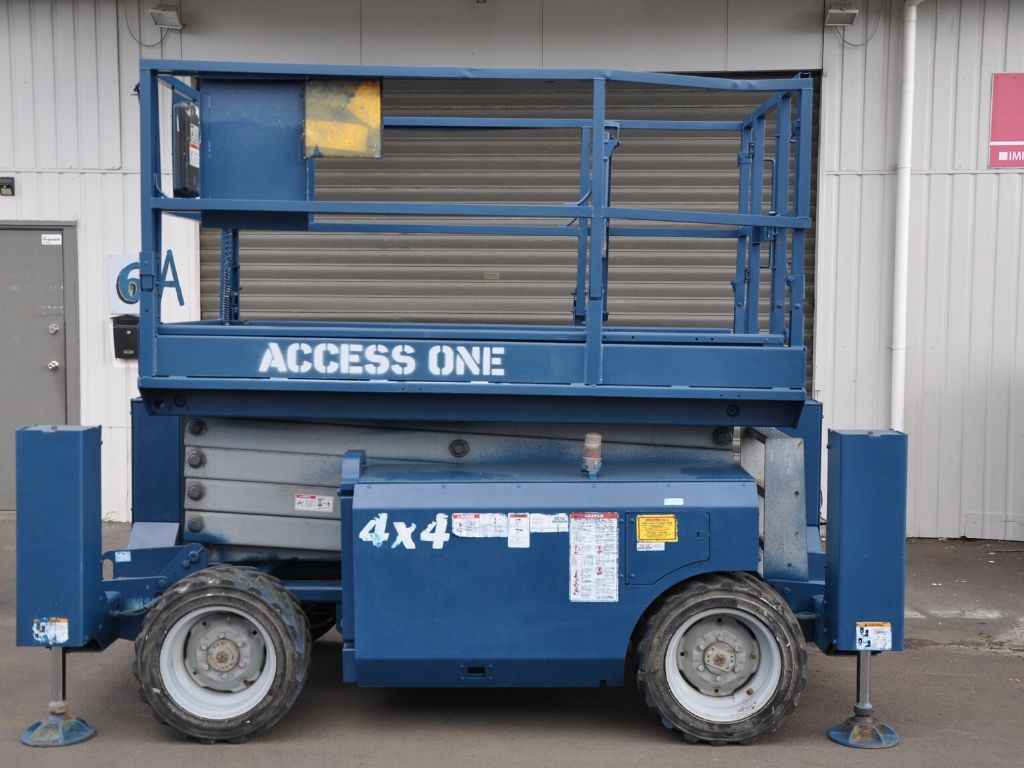The Importance of Proper Fall Protection When Using Scaffolding
A lot of important work is done “at heights”, but working at heights is dangerous, which makes proper fall protection a priority for clients.
There are four fall protection aspects that are vital when it comes to scaffolding:
- Education
- Preparation
- Environment,
- Accountability.
Education
It is essential to educate your staff about the importance of safety. What you want is for each worker to have a “safety mindset” on an individual level and for this to then feed a “safety culture” in your company.
Workers need to understand the importance of safety broadly for their well-being and the well-being of their co-workers.
From there, it’s time to narrow your focus and educate them on proper safety practices when using scaffolding and safety equipment. They need to understand how to use their equipment correctly, and they need to understand the risks posed by their working environment, to themselves, and bystanders.
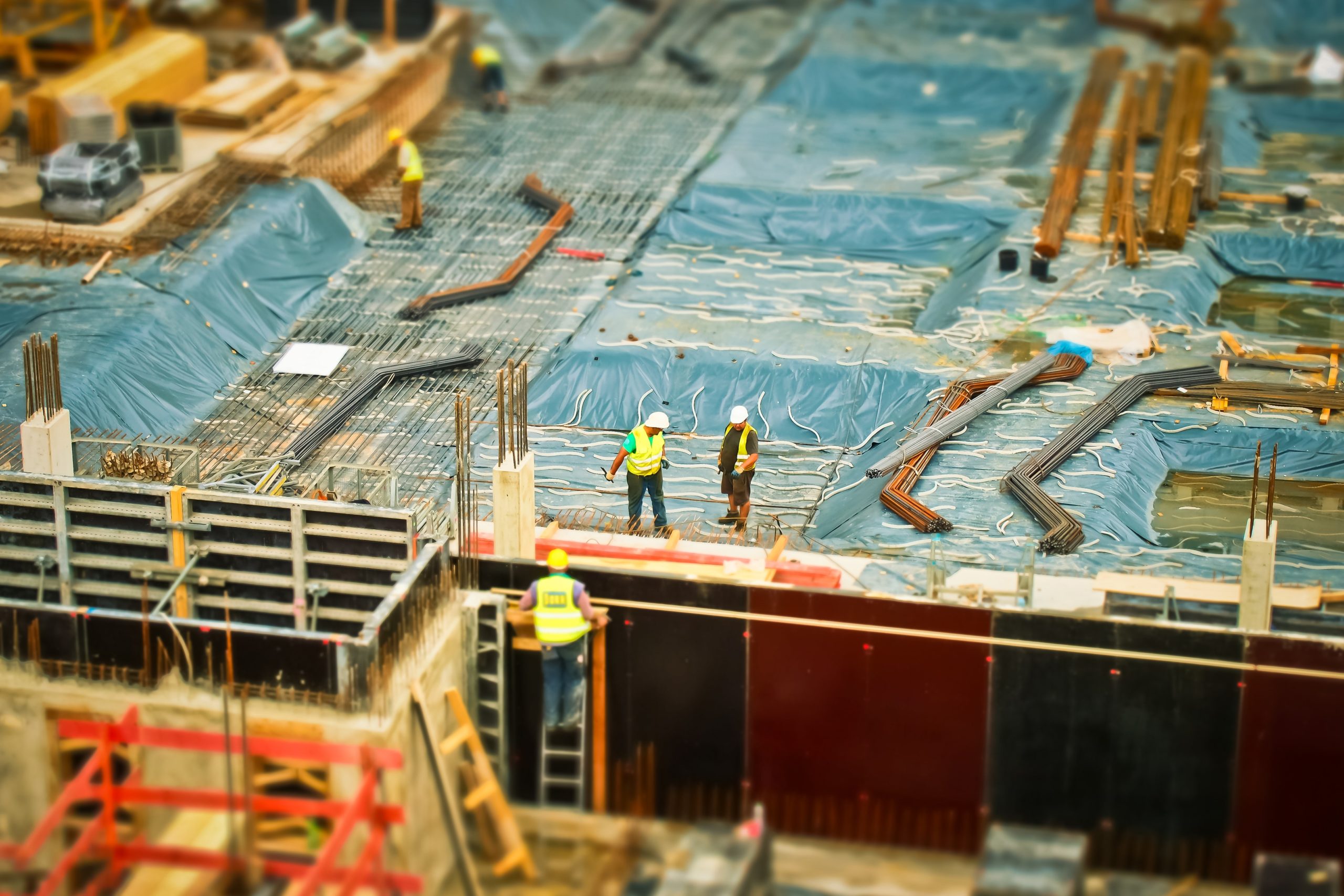
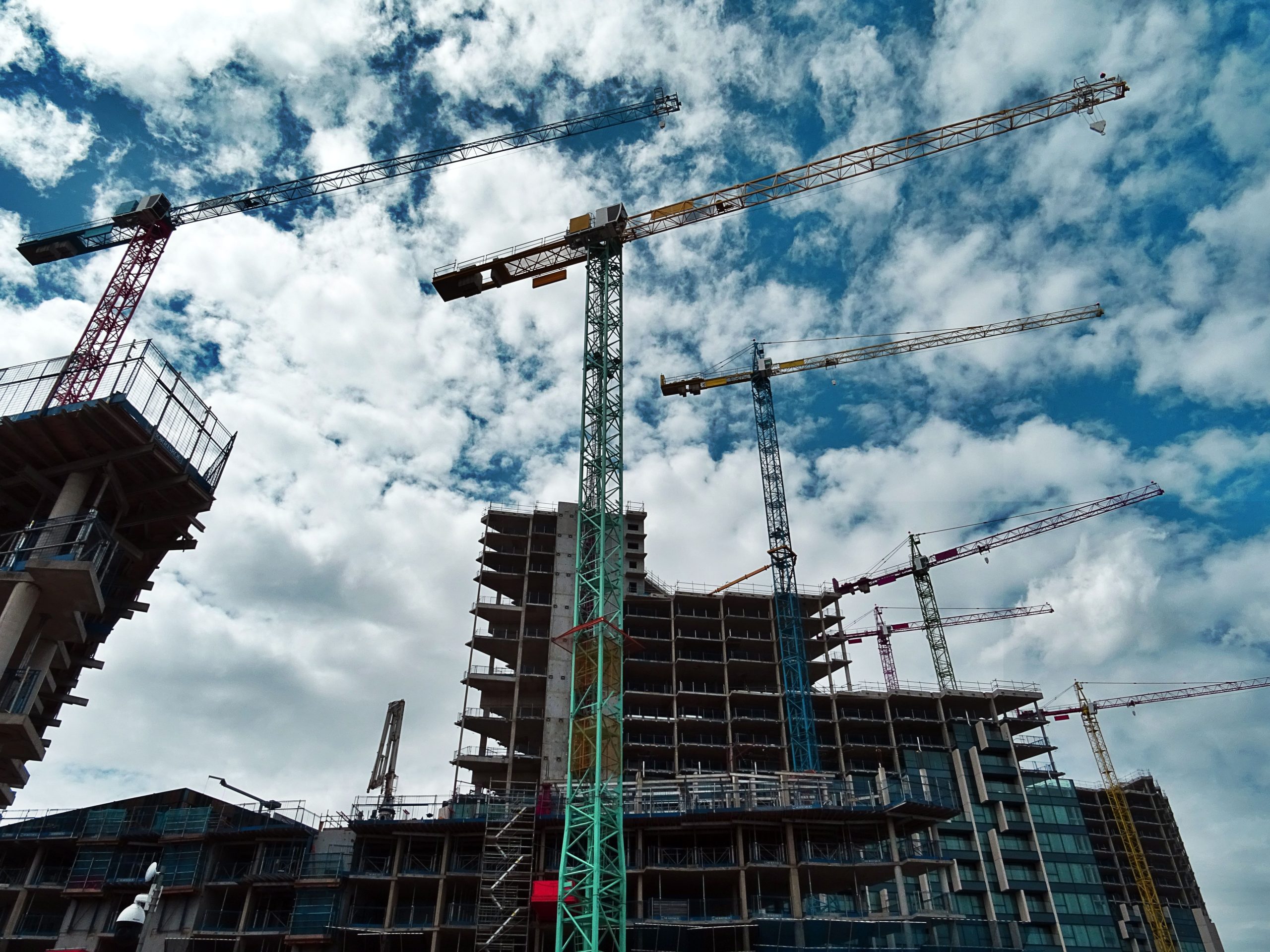
Preparation
Before using scaffolding, workers must have the proper equipment. A safety harness is crucial, and then a helmet and gloves depending on what work they’re doing. The equipment must be inspected before each use.
Workers should make sure everything is in good shape. A crack in a helmet or a tear in a harness may seem small, but it really is the difference between life and death.
Once inspected, they must put the equipment on correctly. It should fit correctly. If equipment is too tight or too loose, it could restrict movement. Hindered movement has the dual problem of inhibiting reactions and making accidents more likely.
It’s recommended that workers help each other put equipment on and do a safety check. Most important for heights is to make sure the harness is attached to a solid anchor point, so it can bear more than the weight of its wearer, to absorb shock in the case of a fall.
Environment
Scaffolding is a tool, but it and the surrounding area make up the work environment. As a baseline, the scaffolding should be inspected to make sure it’s solid and clear of obstructions. Obstructions can cause workers to fall or drop things, injuring workers below or even bystanders.
Workers must also be aware of weather conditions and compensate accordingly if the scaffolding is outdoors. If there’s heavy rain or strong winds at heights, this could cause accidents, and so workers and their managers must make sure the weather permits safe working and act accordingly.
As a last note, equipment should be stored in a safe environment to avoid damage before its next use.
Accountability
Finally, accountability is essential. Make sure that everyone is using equipment in the ways outlined above.
Also, make sure your equipment is Health and Safety at Work Act 2015 compliant; for the law, for your insurance and for your workers.
With these simple steps, you can ensure a safe culture in your company and keep your workers healthy and efficient.
Contact the team and we’ll help you plan the right scaffolding solution at 0800 2547 2233 or email us at operations@accessone.co.nz.
More from Access One
Fixed Aluminium Scaffolding
Lightweight, aluminium scaffolding made in New Zealand. Designed for the larger projects, our qualified team is here to help.
Handy Scaff - Mobile Scaffolds
Lightweight, easy to erect, mobile aluminium scaffolding towers, perfect for the DIYer. Check out our Handy Scaff Towers.
Shrink Wrap
Whether it's a roof, full house, boat or factory call us today to discuss your shrink wrap requirements and let us help organise the right solution for you.
Machine Hire
Electric Scissor Hoists and Rough Terrain Machines, Boom Lifts and Trailer mounted Cherry Pickers. We have a solution for you.
Contact Us
